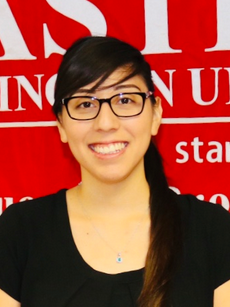Time 10:00- 10:50 a.m.
Civic Participation Ensures Our Place at the Table (For Students & member of the community)
Presenter: Alejandro Sanchez, JD-Special Assistant, Office of Governor Jay Inslee; María Sigüenza, Executive Director, Commission on Hispanic Affairs
Room: PUB 323 (40 minutes & 10 minutes for Q&A)
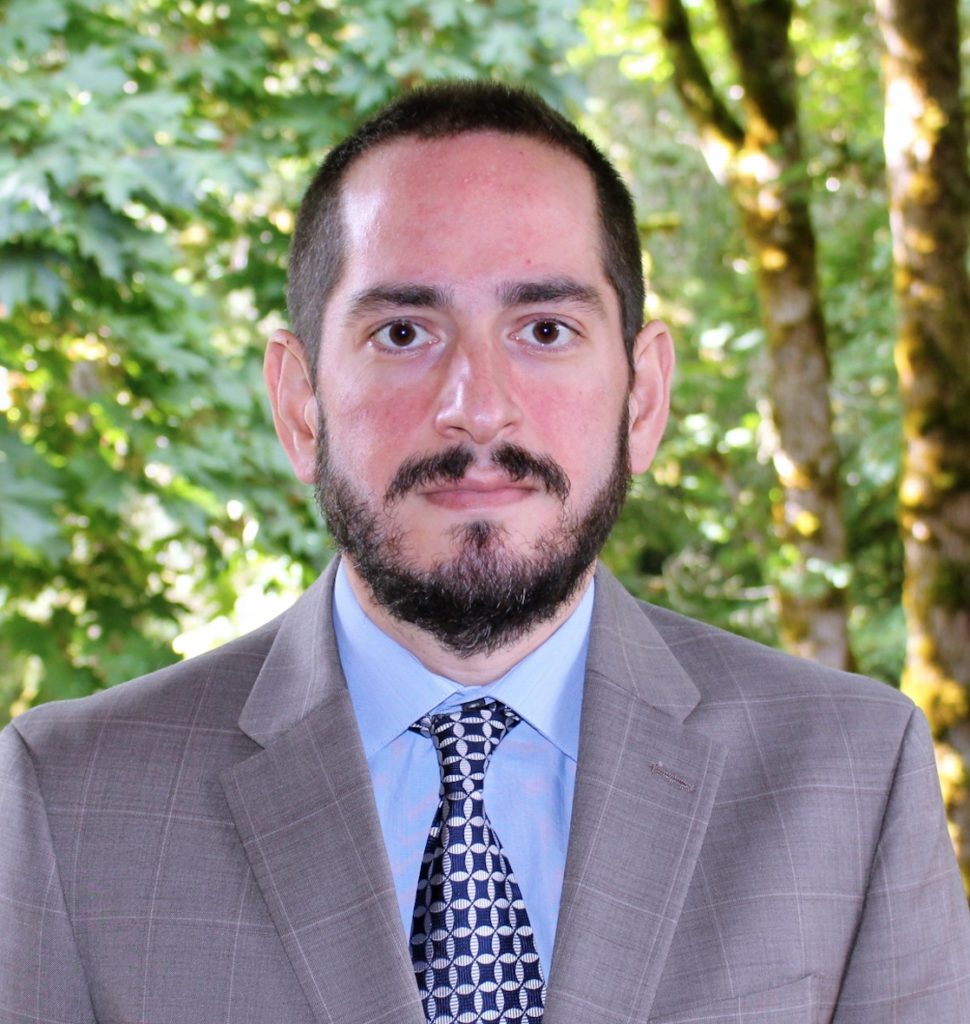
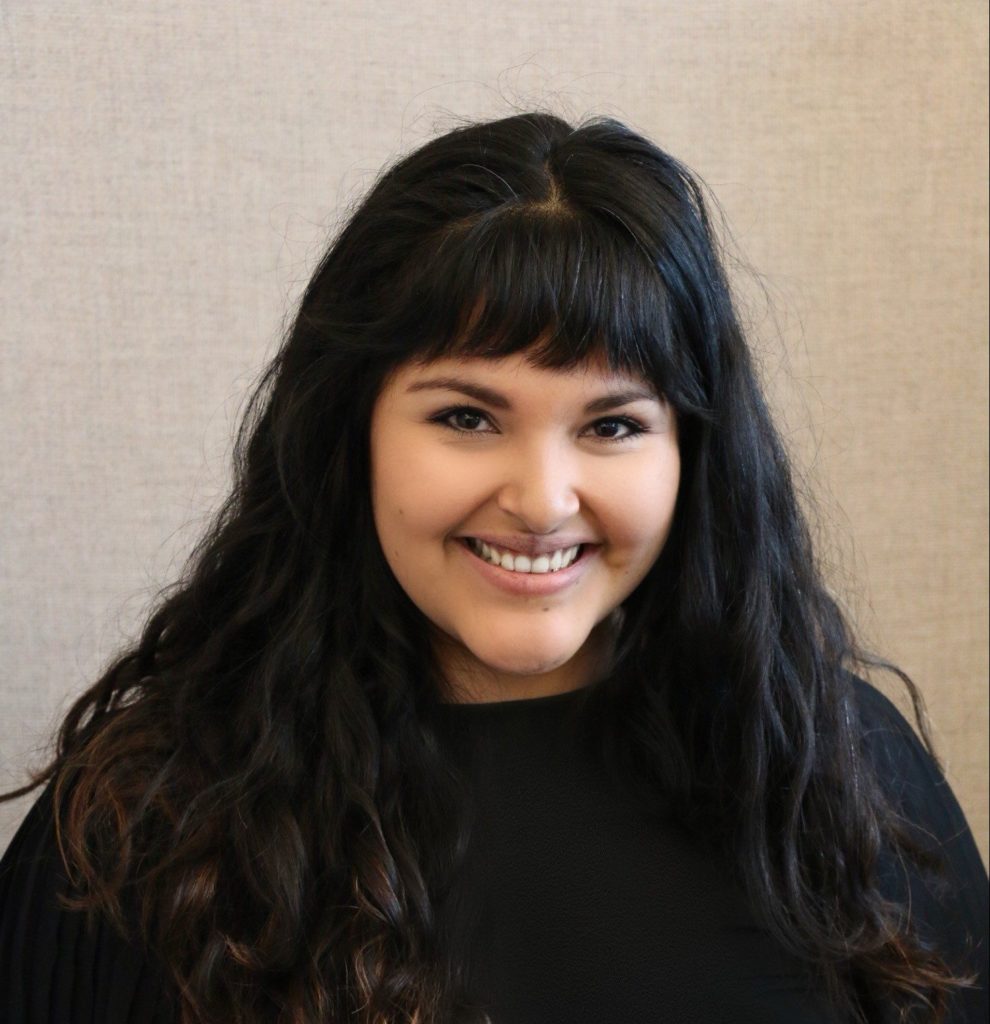
Changes are happening throughout the nation, at every level of government. Some are progressive, some are regressive. Thankfully, the State of Washington is leading the charge on progressive policies on issues concerning the Latinx population, thanks, in no small part, to the tireless effort of innumerable advocacy groups. In our workshop, we will briefly summarize recent and proposed policy changes and will share how events like Latino Legislative Day help guide decisionmakers in moving policies forward. This presentation will discuss how to effectuate change and shape policy through advocacy work and partnerships between higher education institutions, state government, and non-profit organizations. To answer such a calling requires a commitment to developing interpersonal skills and subject-matter expertise, and a willingness to work hard and be flexible. Acknowledging that state service is a great choice for career development, our workshop will examine how these partnerships can assist EWU students through their participation in boards and commissions while at the same time bring new policy perspectives to the table.
After this session, participants will be able to:
- Better understand the role that individuals can play in government decisions;
- Better understand the path to becoming one of those decisionmakers.
Know your constitutional rights regardless of your immigration status (For Students)
Presenter: Fernanda Mazcot, President, Hispanic Business Professional Association,
Room PAT 328 (40 minutes & 10 minutes for Q&A)
Know how and why it is important to have a family plan; Learn how you can help and advocate for immigrant rights.
Raíz of Planned Parenthood. Raíz (Spanish for “root”) is a unique program implemented by Planned Parenthood Federation of America that works to build long-term, sustainable, community organizing structures in authentic partnership with the Latinx community. Raíz Organizers along with Raiz volunteers have worked on voter registration, Medicaid expansion, immigration reform, support and stand with DACA and Dreamers and deliver Know Your Rights (KYR). As the Raiz Organizer, along with Raiz manager-Lili Navarrete, we work hard to deliver KYR trainings and workshops to the community. The KYR workshop/trainings consists of What to do if you encounter CBP/ICE or the police, Your Rights at Home, Your Rights at School, Your Rights on bus/transit, Prepare for Possible Detention/Deportation, Prepare a Family Plan and Finance Plan and what local resources are available. This issue affects all of us as a community, it is important that we all know what our rights are, what resources are in the community for immigration and how this affects our Latinx community heavily. A student should not have to make a difficult decision to continue their education or pay a (bond) (legal consultation) for a parent or sibling who has been detained by CBP/ICE.
After this session, participants will be able to:
- Know your constitutional rights regardless of your immigration status.
- Know how and why it is important to have a family plan.
- Learn how you can help and advocate for immigrant rights.
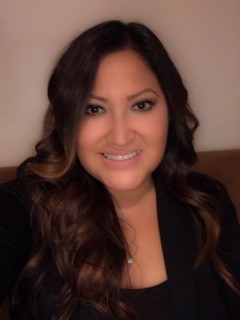
Hispanic, Latino, Latinx, Mexican, Chicano? (For Administrators)
Presenter: Olga Herrara, PhD, Community Leader
Room: PUB 319 (40 minutes & 10 minutes for Q&A)
What do these terms mean before people come to the United States and once here how does identity grow, fade and change across settings and generations? The American Community Survey 2017 reports that 18% of Americans identify as Hispanic or Latino; this is an estimated 59 million people uniquely assigned to one ethnic group. Trends on when people migrate, who they marry and their connection to their extended family shape the Latino/Hispanic identity (Pew Research Foundation, 2017). This presentation focuses on observations obtained surveying the population, helping them fill in forms and applications, and working with the data collected. I will share experiences of when and how Latinos/ Hispanics identify themselves as such, and what are common outsider group assumptions regarding the different identities. I will also cover how data is usually coded to designate a race or ethnicity and how it can sometimes be counted in ways that can influence the results.
After this session, participants will be able to:
- Have a better understanding of how the Latinos/Hispanic view themselves, as well as recognize this process as a first step to being able to attract and retain these students to a Hispanic Serving Institution.
- Discuss as a group how the ethnic label of being Latino/Hispanic may change over time.
- Addressing the vision of a Hispanic/Diversity Service Institution
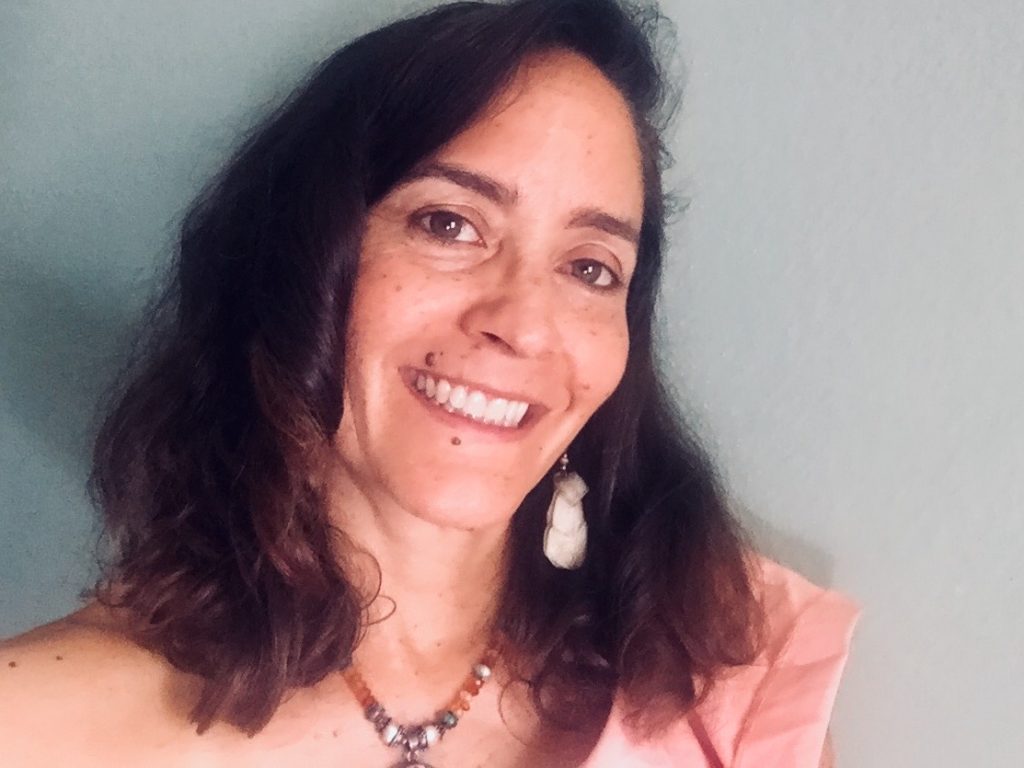
Andragogical Strategies in Teaching Culturally and Linguistically Diverse Students: A Culturally Responsive Teaching Approach (For Students, Faculty, and Administrators)
Presenter: Jonatan Juarez, MEd Graduate Student, Eastern Washington University
Room PUB 317 (Panel of 2 Dr. Martín Meraz García, Moderator, 40 minutes and 10 minutes for Q&A)
The cultural, ethnic, and linguistic diversity of most post-secondary students in the United States has prompted discussions about how to best serve this unique student population. In fact, many post-secondary educators often face difficulty addressing and/or implementing cultural aspects into their teaching practice that would otherwise benefit these students. To fully understand the self-efficacy doubts of post-secondary professionals, it is important to understand the experiences and positionalities of the teaching workforce in institutions of higher education. In this presentation, through examination of previous literature, the acknowledge best practices for teaching post-secondary culturally and linguistically diverse (CLD) students will be addressed. Additionally, this presentation will examine the challenges post-secondary teachers face when working with CLD students and most importantly, it will demonstrate possible solutions regarding how colleges and universities can support post-secondary educators who work with CLD students.
After this session, participants will be able to:
• Describe instructional practices for working with post-secondary culturally and linguistically diverse (CLD) students.
• Identify instructional challenges that post-secondary educators face when working with CLD students.
• Devise possible solutions in helping college/university faculty build an inclusive classroom environment.
• Recognize Culturally Responsive Teaching (CRT) and its purpose in a classroom setting.
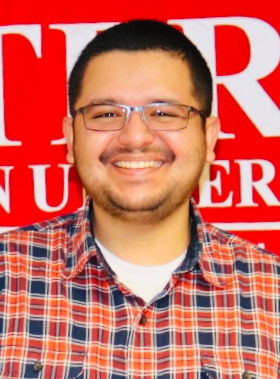
First-Generation Latinx College Students: Barriers to Academic Success and Strategies for Improving Institutional Support (For Students, Faculty, Support Staff, and Administrators)
Presenter: Darlene Maria, MEd Graduate Student, Eastern Washington University
Room: PUB 317 (Panel of 2 Dr. Martín Meraz García, Moderator, 40 minutes and 10 minutes for Q&A)
First-generation Latinx college students face many barriers in higher education. First-generation students enroll at lower rates in college/universities than non-first-generation students. Among those that do enroll, they are less likely to persist in their education (National Center of Education Statistics, 2018). In addition, participation of Latinx students in higher education has increased over the years. However, they still lag behind other groups in degree-completion (Pew Research Center, 2016). So, how can educators support first-generation Latinx students succeed in higher education? This presentation will address some of the barriers first-generation Latinx students face in higher education and will provide recommendations on how university personnel can support this unique student population so they can reach their full potential. The findings illustrated in this presentation are drawn from empirical research.
After this session, participants will be able to:
• Identify some of the barriers first-generation Latinx students face in higher education.
• Identify strategies to support first-generation Latinx students succeed in higher education.
• Recognize the needs of first-generation Latinx college students
• Recognize the experiences of first-generation Latinx college students and how these experiences may limit their academic success.
